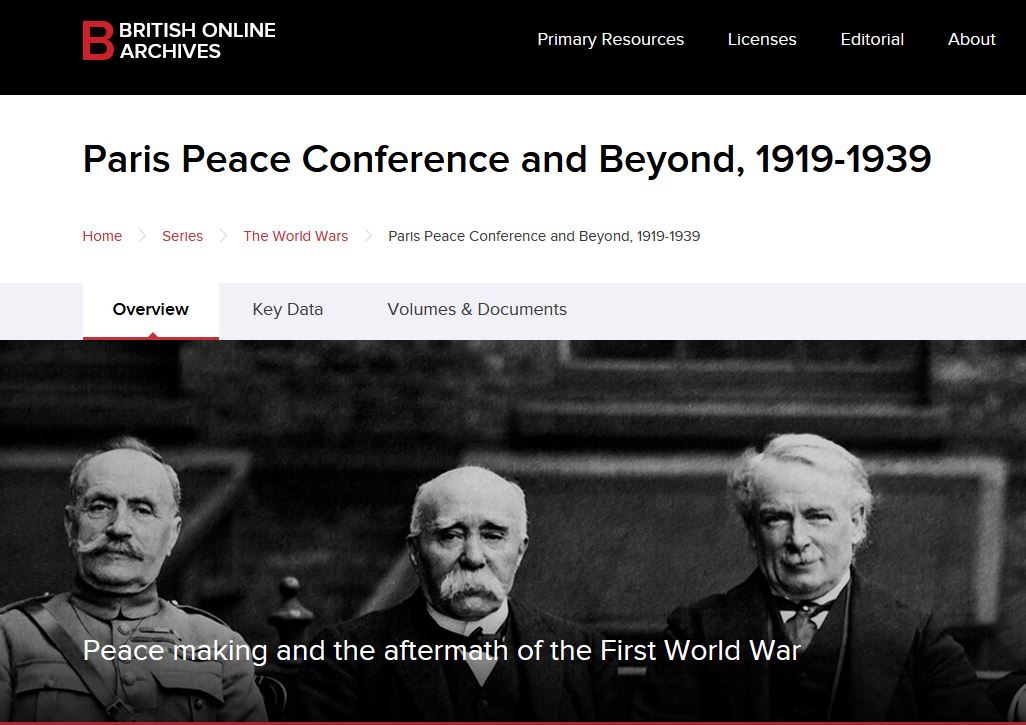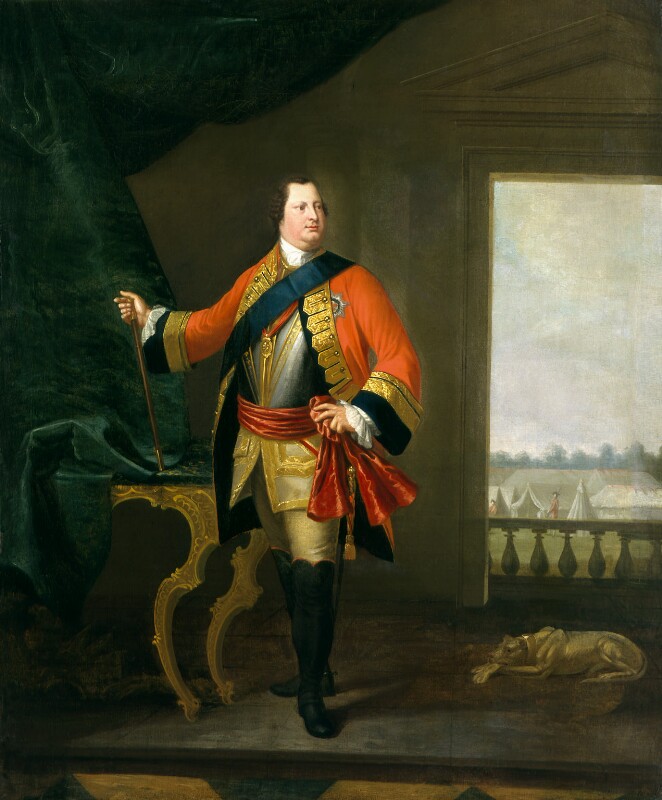 As part of the LGBTQ History Month, Bodleian Libraries has organised trials of three LGBTQ eresources. They can all be access via SOLO or Databases A-Z.
As part of the LGBTQ History Month, Bodleian Libraries has organised trials of three LGBTQ eresources. They can all be access via SOLO or Databases A-Z.
Let our colleague Helen Worrell know which resource is most useful to you and why.
Archives of Sexuality and Gender (Gale Cengage) (trial until 4 March 2020)

This resource spans the sixteenth to twentieth centuries and is the largest digital collection of historical primary source publications relating to the history and study of sex, sexuality, and gender research and gender studies research.
Documentation covering disciplines such as social, political, health, and legal issues impacting LGBTQ (lesbian, gay, bisexual, transgender, queer) communities around the world are included, as well as rare and unique books on sex and sexuality from the sciences to the humanities to support research and education.
Documents include:
- Meeting, committee, and conference minutes, notes, and transcripts from LGBTQ rights organizations worldwide
- Administrative records of LGBTQ rights groups, such as bylaws and membership lists
- Materials produced by these groups slated for the public: press releases, articles, fliers, handbills, brochures, presentations
- Complete contents of US and International newspapers, newsletters, and magazines
- Press clippings about gay and lesbian issues
- Internal US government memoranda
- Studies and reports by US government agencies and nongovernmental organizations
- International reports, policy statements, and documents related to LGBTQ health and rights
- Medical research records and reports
- Private correspondence
- Surveys, election questionnaires, records of site visits
- Government briefing books
- Photographs
Covers 16th to the 20th centuries. Has global coverage.
Relevant for scholars and researchers focused on sex, sexuality, and gender studies; health and hygiene; cultural change; LGBTQ studies; women’s studies; American studies; civil and human rights; journalism; literature; social movement history; British twentieth-century history.
LGBT Magazine Archive (Proquest ) (trial until 2 March 2020)

The Advocate; Los Angeles Iss. 82, (Mar 29, 1972). Copyright: ProQuest
The resource archives of 26 leading but previously hard-to-find magazines are included in LGBT Magazine Archive, including many of the longest-running, most influential publications of this type. The complete backfile of The Advocate is made available digitally for the first time. As one of the very few LGBT titles to pre-date the 1969 Stonewall riots, it spans the history of the gay rights movement.
LGBT Magazine Archive also includes the principal UK titles, notably Gay News and its successor publication Gay Times.
Some publications may contain explicit content.
This resource covers the period 1954-2015.
Subject coverage: Lesbian; Gay; Bisexuality; Transgender; Homosexuality; Gay rights; Gay culture; Gay literature / art; Gay rights movement; Gender identity; Gender studies; Lesbianism; LGBT; LGBT Activism; LGBT studies; Social history; Transgender community
LGBT Life Full Text (EBSCO) (trial until 29 February 2020)

“Homosexuality.” 2008. GLBTQ Social Sciences, January, 1–8.
LGBT Life with Full Text is a specialised database for LGBT studies. It provides scholarly and popular LGBT publications in full text, plus historically important primary sources, including monographs, magazines and newspapers. It also includes a specialized LGBT thesaurus containing thousands of terms. Content includes more than 140 full-text journals and nearly 160 full-text books and reference materials. In addition, more than 260 abstracted and indexed journals and more than 350 abstracted and indexed books and reference works. Has some global coverage.
What to do next? Send your feedback to Helen Worrell.





 The
The 
 The
The  The
The 






